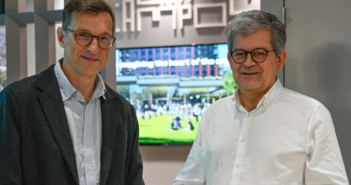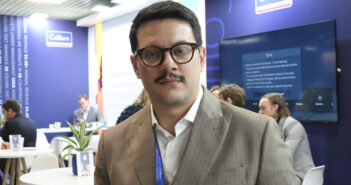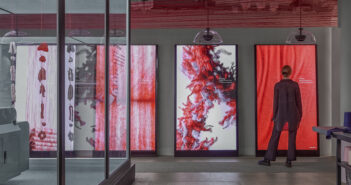The Digital platform for MAPIC and LeisurUp hosted the first of two live days today, Tuesday 17 November, packed with a series of presentations, lively panel discussions, two special France Forums dedicated to the opportunities and challenges for French retailing, plus special networking sessions for participants. Day one took up the key MAPIC themes of collaboration, innovation, food & beverage, leisure and lifestyle destinations, highlighting not only rapid and accelerating transformation in the market but also the necessity for constant evolution and reinvention in a dynamic and exciting future.
Collaborative retail: ready to change the rules?
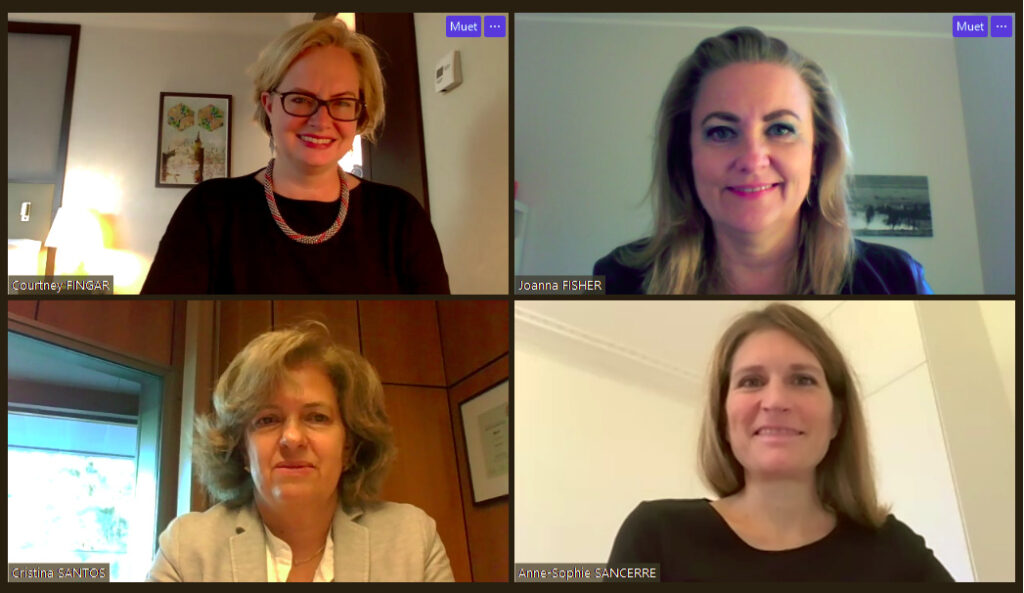
An all-female panel session got the first MAPIC and LeisurUp Digital off to a great start as Anne-Sophie Sancerre, managing director retail, France, Unibail-Rodamco-Westfield; Cristina Santos, managing director property management, Iberia, Sonae Sierra; and Joanna Fisher, managing director centre management and designated CEO marketplaces, ECE, discussed the initiatives emerging from the impact of COVID-19.
Each speaker acknowledged the challenges for shopping centres and the fact that, as with previous financial crises, not all the retailers and tenants would survive this hugely challenging period. As a result they focused on opportunities, such as increasing the levels of co-working within malls, both within dedicated spaces and, said Cristina Santos, through encouraging food courts to be used as informal work spaces.
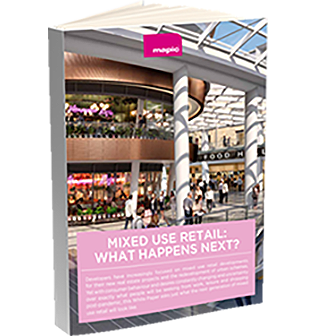
Mixed use retail and leisure: What happens next? – White Paper
Anne-Sophie Sancerre cited URW’s collaboration with Zalando in Germany as an example of the new partnerships and joint ventures that landlords need to develop with “the best actors in the industry”, while ECE’s Joanna Fisher stressed that AR, VR and e-sports offered new opportunities to connect with consumers.
“Have no doubts, be focused on yourself and be a woman. It’s ok to have emotions, act as a woman and stay as one, feel your emotions,” Joanna Fisher, ECE
The LBE market: The experts’ & the operators’ vision!
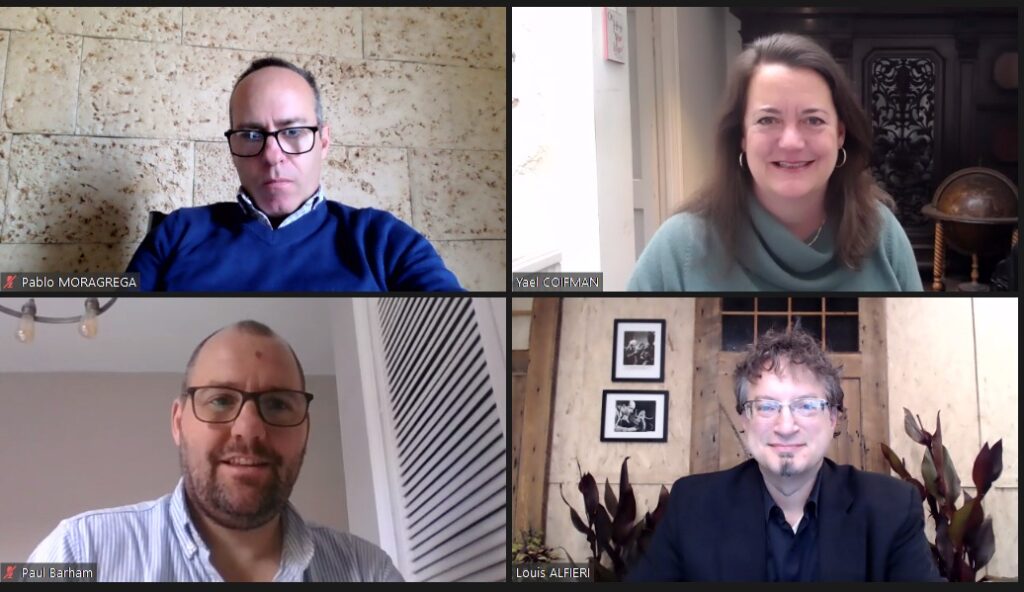
An international panel of experts debated the role of IP, partnerships, landlord relationships and formats in a wide-ranging discussion about the future of location-based entertainment and its role within shopping centres and destinations.
The panellists stressed that understanding the local market is key to determining whether an IP can “justify the cost and the issues of dealing with the IP holder”, warned Yael Coifman, senior partner, Leisure Development Partners, while Pablo Moragrega, former general manager, Parque Warner Madrid, recalled Pepsi signing up superstar Lionel Messi for a campaign in Finland, where neither he nor football had strong traction. He said: “Make sure the IP is well recognised in the location you are going to develop your concept. Only use if you can engage your target market.”
Louis Alfieri, principal and chief creative officer, Raven Sun Creative, added that COVID’s impact requires new relationships that allow “a brand that elevates locations to take the discussion beyond rent”, while Paul Barham, founder and director of competitive socialising concept Flight Club Darts added: “Starting out when we weren’t well known, we were fighting to get into venues. After opening in Victoria, London we have been able to demonstrate that we drove new people into that area. We appreciate landlords who are up to speed and understand the situation. The more landlords we can push into a turnover rent rather than a flat rent, the better. More landlords can see the value of keeping us.”
“Investment should be scalable to what they are doing. Don’t over-invest and don’t under invest and make sure you are designing accordingly for all those checks and balances,” Louis Alfieri, principal and chief creative officer, Raven Sun Creative
Food: Building Lifeplaces of tomorrow
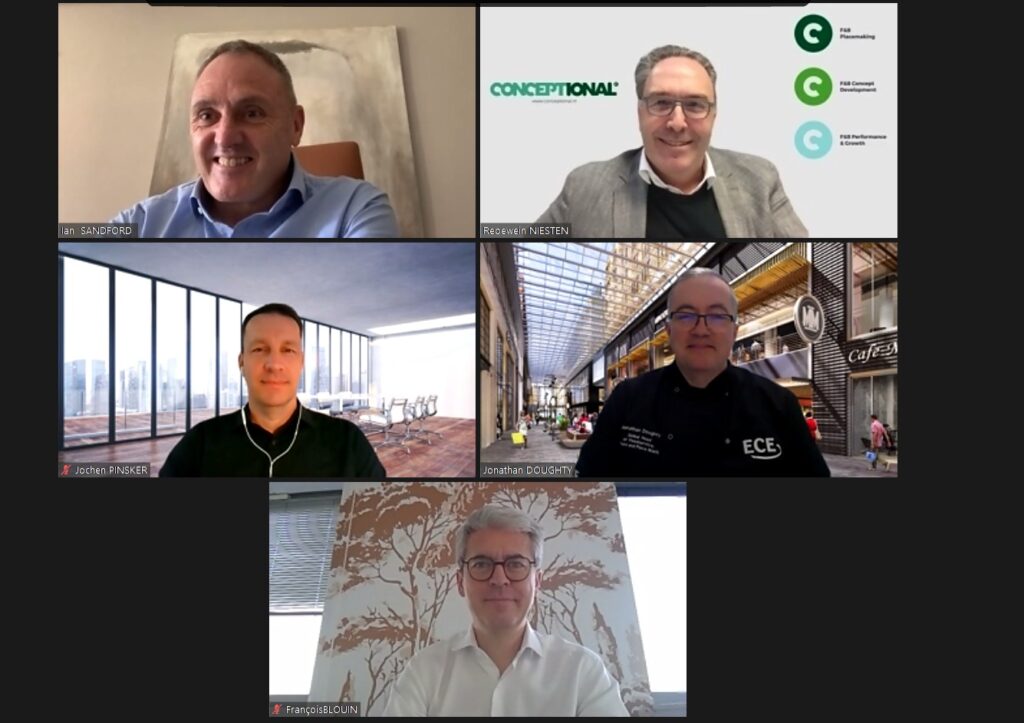
Food isn’t just important, it is “mission critical”, Ian Sandford, president, Eurofund Group said as he insisted: “Food is at the absolute centre of shopping centres today. It’s not just the amount, it’s the variety of the food”
It was a view enthusiastically agreed with by the panel, who stressed that food operators and destinations need to adjust to the prevailing trends and that succeeding is less about the brand and more about creating formats and propositions that meet customer needs.
Jochen Pinsker, SVP Foodservice Europe, The NPD Group, said: “It’s not about brands, it’s about the solutions operators are offering – and if they can apply this to the new normal.”
And Francois Blouin, founder and CEO, Food Service Vision, echoed this point: “Customers are not the same, you have to talk to local people. You have to deliver a high-end experience that will definitely motivate them. The crisis has changed the parameters – the choice between going out or not, visiting urban centres or not, new formats and best-in-class for local people. The largest change for me has been the places we live and the time we are spending there. Working from home will create new places people want to go.”
“Food is about three important things – the focus on customer centricity, hybrid formats and changing business models. It is about the heart and the stomach,” Reowein Niesten, Conceptional
Reinventing retail with entertainment
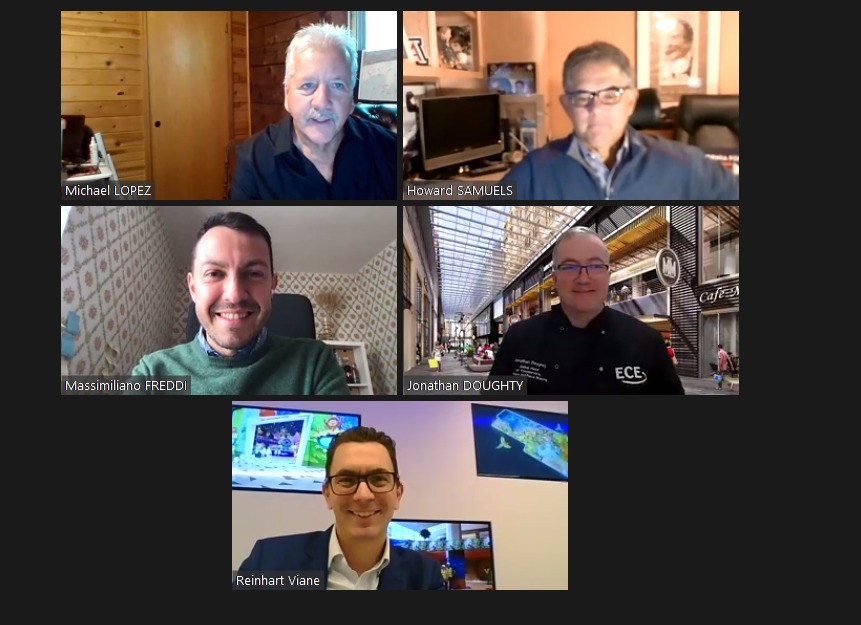
“Entertainment doesn’t dilute the retail experience, it intensifies it,” said Jonathan Doughty, global head of foodservice, leisure & placemaking, ECE, as he set out a roadmap for where entertainment and leisure fits within retail destinations. “A landlord needs to decide what investment they need. The numbers get bigger as the attraction gets bigger. But you have to make sure that the attraction works for the venue too.”
Reinhart Viane, business development director, KCC Entertainment Design, added of investment strategies: “In the Middle East, landlords see investment in entertainment as part of getting people into their malls. In Europe and the US there is always the question of who will invest and who will operate? I believe entertainment is one of the driving factors that should be integrated from the start. But it should also be flexible space.”
That point was also brought up by Howard Samuels, president and CEO, Samuels & Company, who echoed the view that entertainment space needs to be in “constant change and flexible”, while he also reflected: “There are opportunities to reinvent. We are going to have to look at ‘why would people come out?’ But you also have to look at the complexity. Everyone has to embrace digital platforms. The future can be bright if people take the time and energy to understand.”
Change was a theme addressed by Michael Lopez, senior vice president, American Wave Machines, who described sports and entertainment as a “great mix” and said: “We’ve reinvented our technology every year, to stop from going stale.”
“There should be no more boundaries between entertainment, food and beverage, living, working and shopping. Entertainment should be the glue to bind these together. Without doing this shopping centres could make themselves redundant,” Reinhart Viane, KCC Entertainment Design
Best time ever to invest in mixed-use projects?
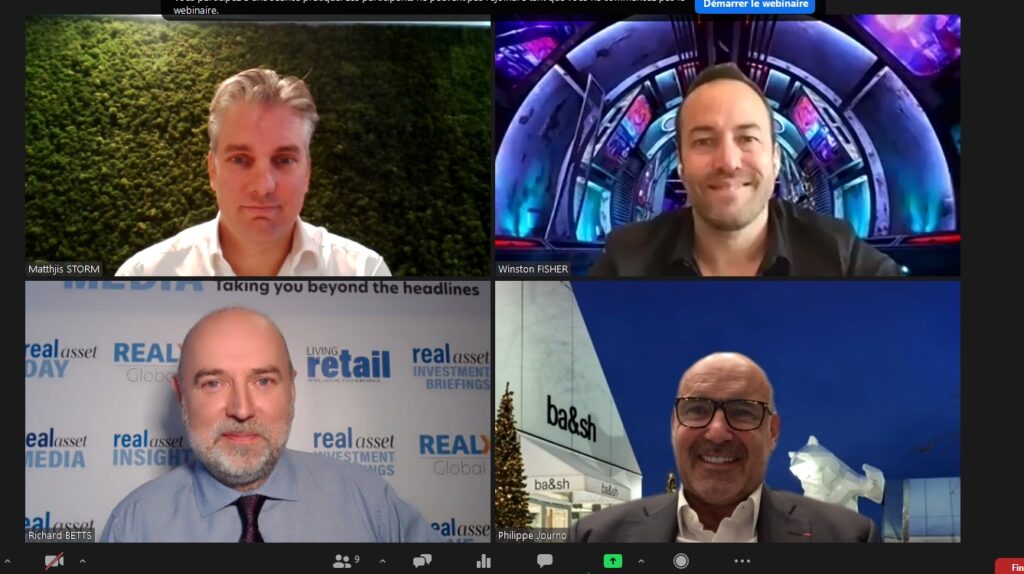
“People still want to gather, that’s isn’t dead. It’s just how they are gathering and what do they want? What we ask for is authenticity and creativity and we celebrate that,” said Winston Fisher, CEO, Area15–Fisher Brothers, as he reflected on the need for development to rethink fundamentals.
It was a theme picked up by all the panellists as they urged participants to reconsider the norms and to move away from traditional models. “The golden years of spending low and earning more are behind us,” said Philippe Journo, CEO, Compagnie de Phalsbourg. “With the city you have the opportunity to transform into anything, housing, mixed use. You can create new centralities. The past is the past. We have to look forward and change.”
While managing a more conventional portfolio, Matthijs Storm, CEO, Wereldhave Management Holding, put forward an equally radical proposition. “When we developed the new strategy about a year ago, we looked at what we had built,” he recalled. “We considered what we would build if we started from scratch. In some places it turned out we wanted to change more than 50% of our units. We have replaced about 10% of retail to mixed use, and we are aiming towards a third.”
“Many of the centres built outside cities are now part of the suburbs and can become new centres. It is time to think about retail rebirth, with experience centres,” Philippe Journo, Compagnie de Phalsbourg
Summary
Flexibility and a focus on new business models came out loud and clear from today’s sessions, as investors, developers, retailers, plus F&B and entertainment operators all stressed the need to not only adapt to the changing scenario but to prepare to continue adapting. That means less emphasis on traditional bricks and mortar approaches and lease models and more use of digital innovation, flexible spaces and partnerships and collaboration. It will also require brands to have an authentic connection with consumers and for operators and destinations to recognise how consumer requirements have changed and to adapt their offers to leverage the opportunities.
Stay tuned tomorrow for another full-day of live retail, F&B and leisure sessions, plus networking and access to the suite of on-demand webinars available on the MAPICand LeisurUp Digital platform.


